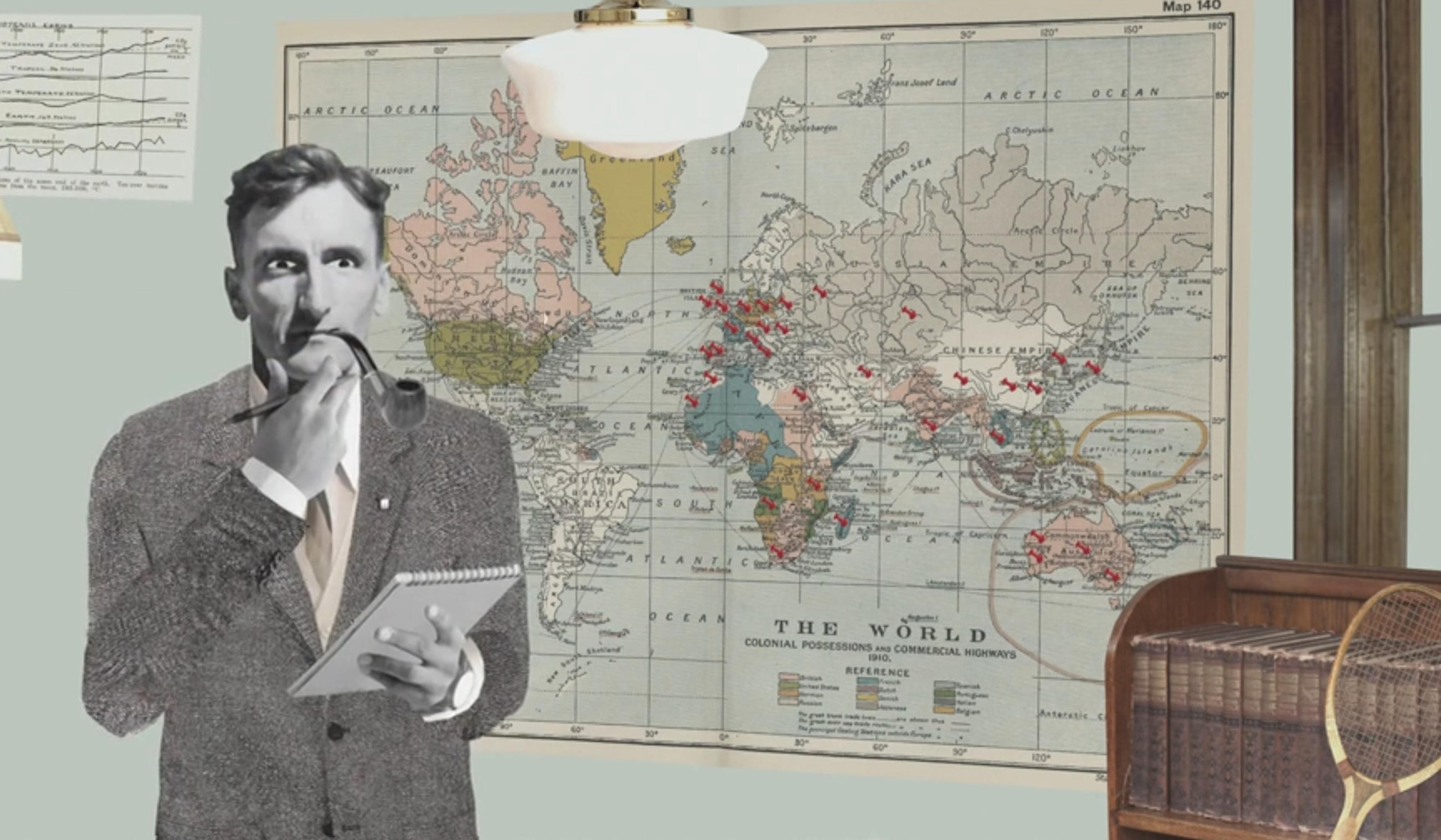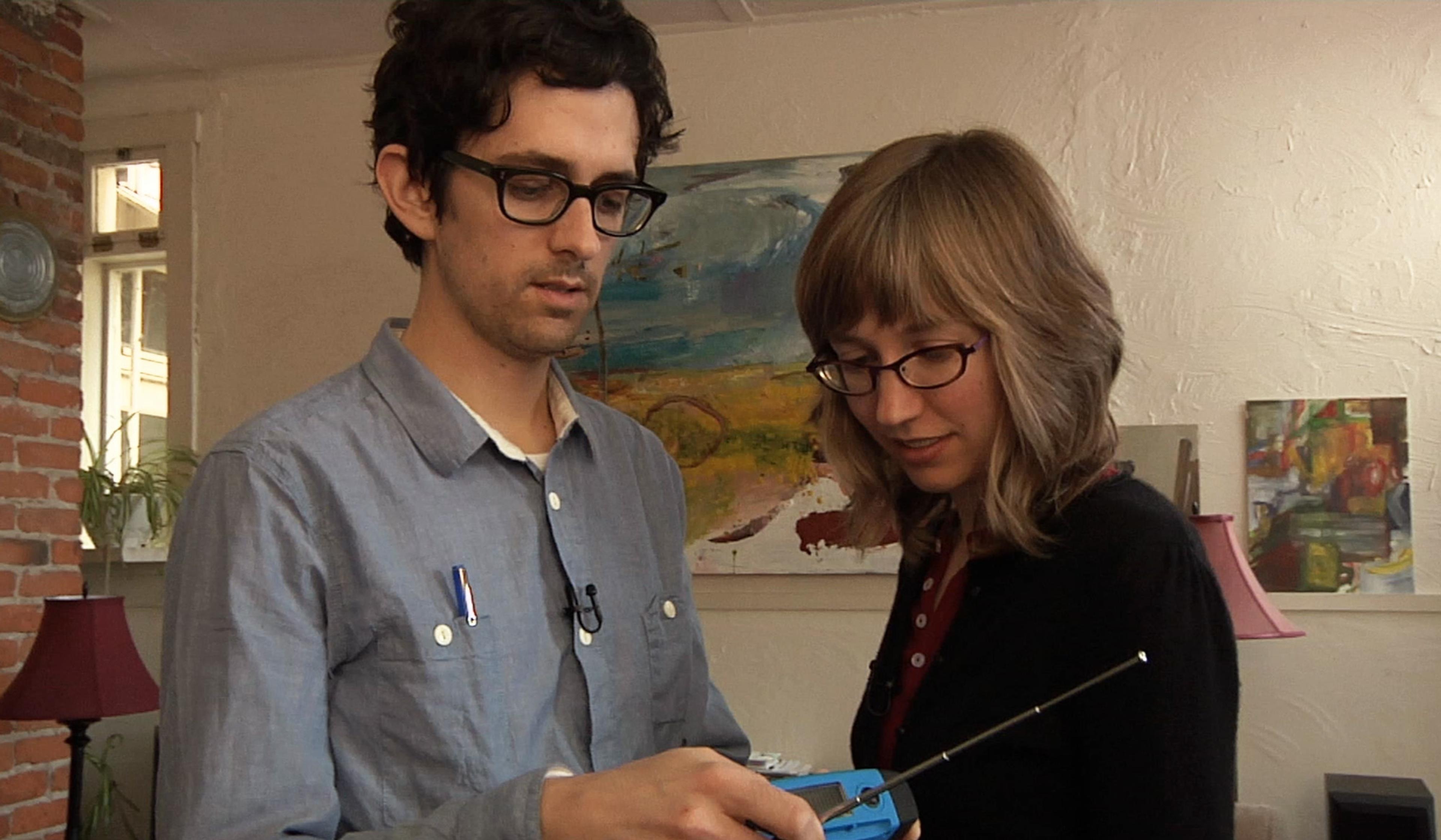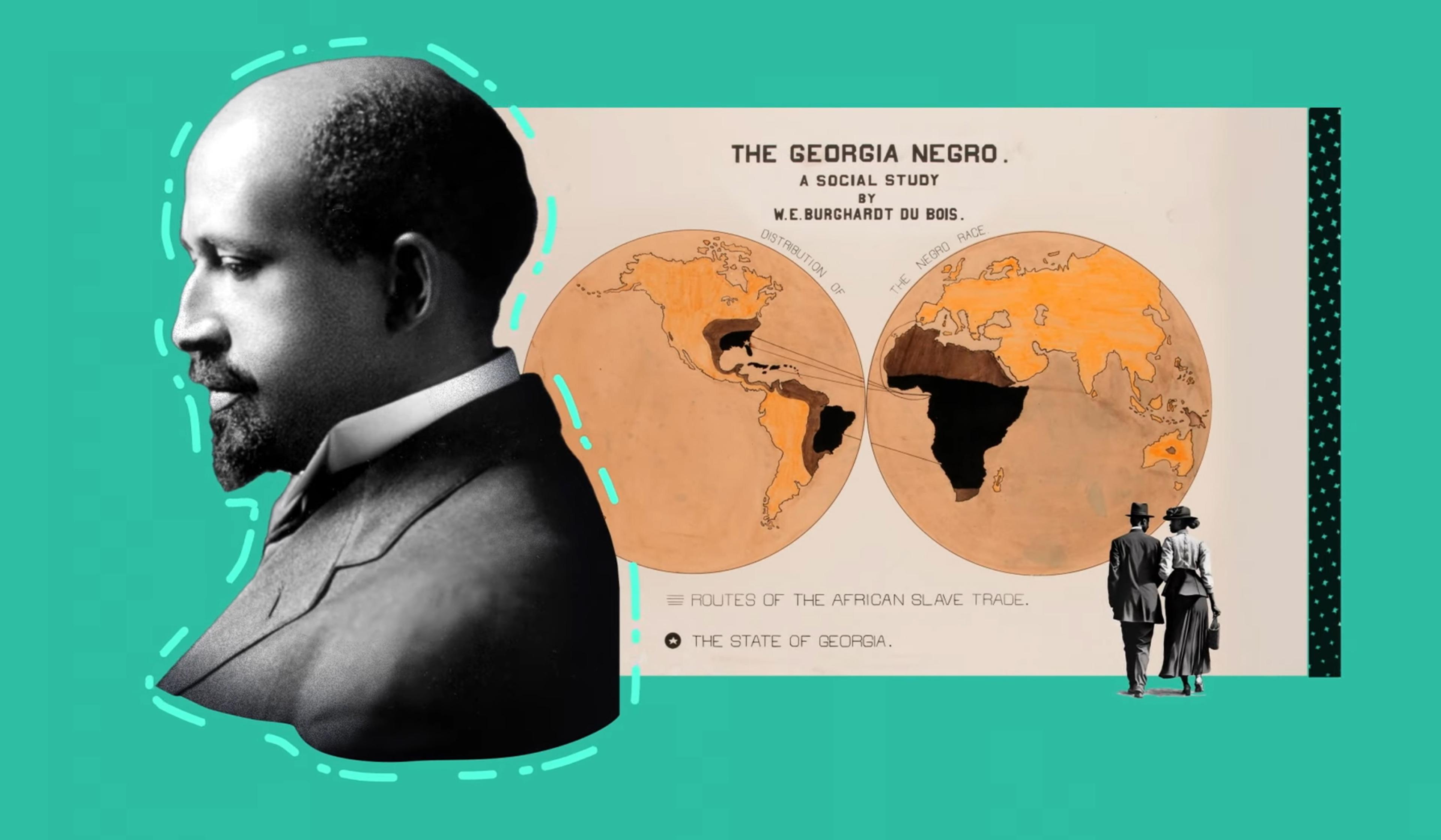There are a few basic facts about climate change that we can be near-certain about: the global temperature is rising, this change is being driven by humans, and it represents a serious threat to a great many living things on the planet – humans included. But due to countless complexities and uncertainties, the trajectory of the global temperature in our deep past and, more pressingly, our near future is riddled with known unknowns. In Degrees of Uncertainty, the US video essayist Neil Halloran takes a data-centric deep dive into the climate crisis, emphasising the vital importance of rejecting fatalism when it comes to solving the problem. In doing so, he also charts the evolution of science itself since the age of enlightenment, and makes a case for science demanding scrutiny from an informed public, especially journalists. You can explore an interactive version of this video at Halloran’s website.
Via Kottke








